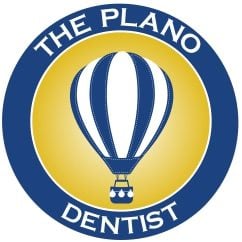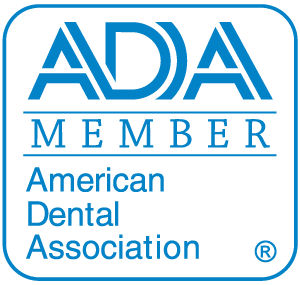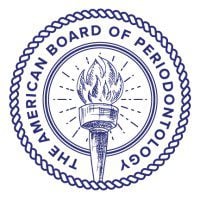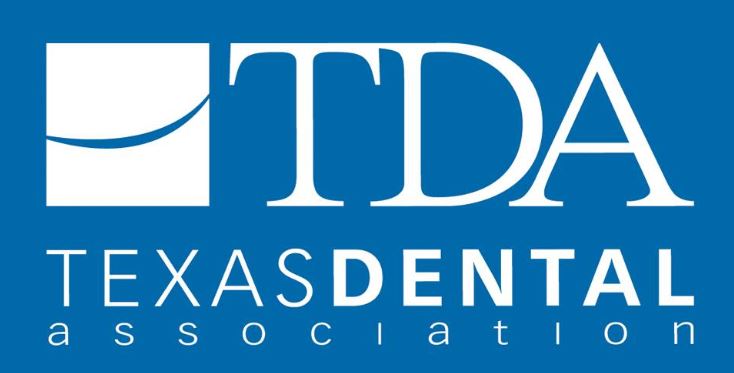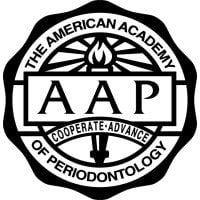At The Plano Dentist, we believe it’s time to revise the thinking about childhood tooth decay. Unless you’ve been keeping up with the research, you may have an incomplete understanding of a serious issue.
Here are three crucial things to know about children’s dental health.
1. Tooth Decay Is The Most Common Childhood Disease
Over 4 million preschoolers have cavities. Another grave fact: tooth decay in children is on the increase.
Why? There are several factors. Many young diets contain more sugar. Fewer children drink water that has been adjusted for fluoride levels. Many families don’t have dental insurance to help pay for care.
2. Tooth Decay Bacteria Can Spread
In a way, tooth decay is contagious. Bacteria that cause decay is in the mutans streptococcus family. The bacteria mix with sugar. This mixture creates a powerful acid. The acid reduces the calcium in tooth enamel. When the bacteria remains on teeth, it creates a yellowish substance called plaque. Plaque is brutally effective at drilling into tooth enamel.
Mothers, fathers, siblings, and caregivers can transmit the bacteria to babies. Of course, youngsters can get tooth decay if they don’t have this bacteria. But the presence of it increases the risk.
Some children are better at resisting this bacteria. How do you know if your little one has a higher risk? If moms and dads have a lot of cavities, the child is more vulnerable to it. The child’s diet and daily oral hygiene also affect the risk.
3. Weakened Enamel Can Repair Itself (Up To A Point)
If the teeth are continuously assaulted with juice, milk, and snacks, the enamel never has a chance to remineralize. The juice, milk, and snacks create dangerous acid. Acid and plaque weakens the enamel and may cause a white spot. This is a sign of mineral loss. It’s the first step in the formation of a cavity.
At this stage, you can reverse the mineral loss. Minerals in saliva and fluoride help enamel re-mineralize. Fluoride does three important things: 1) it replaces minerals, 2) prevents more mineral loss, and 3) diminishes acid-causing bacteria.
Your child can get fluoride from toothpaste, fluoridated water, fluoride rinses, fluoride gels, and fluoride supplements. Ask your pediatric dentist which one is best for your child.
At The Plano Dentist, our family dentistry helps parents keep their kids’ teeth healthy. Make sure you bring your toddler in for an exam and consultation when their first tooth breaks through. We also offer restorative dentistry. Call to schedule an appointmnent today!
Contact The Plano Dentist:
469-998-0235
Location (Tap to open in Google Maps):
3115 W Parker Rd Ste C538
Plano, Texas
75023
